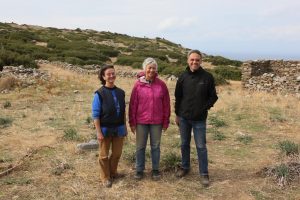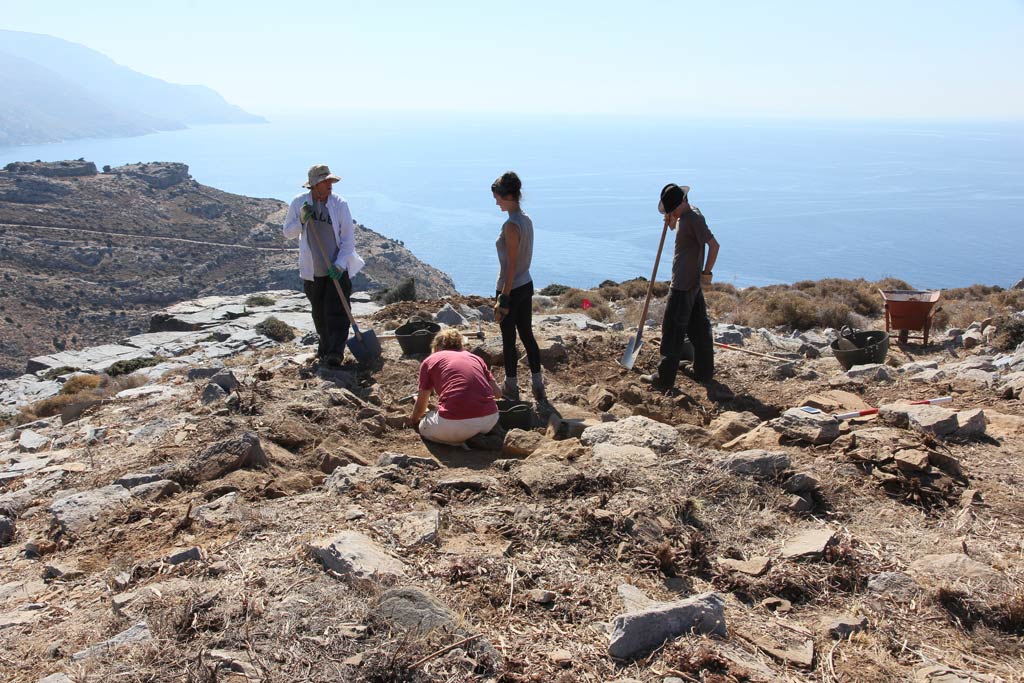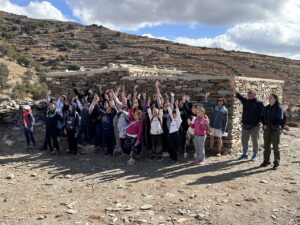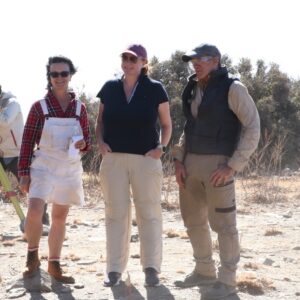
From 9.30am to 1.30pm on Saturday 18 April 2015, the Australian Archaeological Institute at Athens (AAIA) and the University of Sydney Department of Archaeology are offering a half-day briefing on their work at the early Iron Age site of Zagora on the island of Andros.
For archaeologists and the general public – feel free to come along and hear reports about this fascinating site.
PROGRAMME
9.30am – Registration and refreshments
10.00am – Professor Margaret Miller – project overview:
The Zagora Archaeological Project 2012-2014
10.45am – Ms Beatrice McLoughlin:
Greek provincial cookery: domestic life at Zagora
11.30am – Morning tea and refreshments
Noon – Dr Stavros Paspalas: Zagora and the wider Aegean
12.45pm – Associate Professor Lesley Beaumont:
Protecting Zagora’s cultural heritage
The briefing will take place at the AAIA, first floor, Madsen Building (F09), University of Sydney.
Event price is $25 ($10 for students)
Bookings can be made by emailing arts.aaia@sydney.edu.au.


